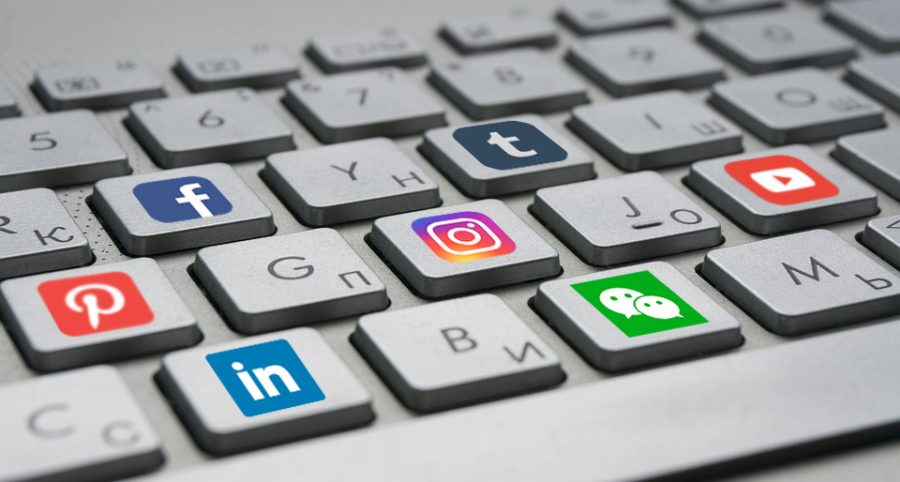Social Media: The In Between
Studies show the negativity of social media, but is it all bad?
Studies show that social media can be both negative and positive.
October 28, 2021
In the age of the internet, many people have identified just how harmful, damaging, and negative social media is to teens’ mental health. But while several studies support this negative outlook, what do teens and researchers say about the neutral, or even positive aspects?
First, I decided to see some student perspectives on whether or not social media is harmful. Sophomore Nathaniel Nordahl talked about one of the damaging effects social media can have.
“A lot of the time people post really cool stuff,” Nordahl said. “Then other people could see that and think, ‘oh, they have this cool stuff and I don’t.’”
Diego Hsieh, a sophomore, also discussed some bad sides to social media, particularly its political consequences.
“There can be addictions to it,” Hsieh said. “Especially if it’s politics, you can gain a bias.”
Research supports this: a study by the Pew Research Center found that roughly three quarters of U.S adults say it is very or somewhat likely that social media is biased towards certain viewpoints. Additionally, a study at the University of Pennsylvania found that college students who limited their usage to 30 minutes a day were less anxious and depressed.
Social media can also be destructive for the body image of teens who use these platforms often. A study done by researchers at Facebook found that 32 percent of teen girls said that when they were self-conscious of their bodies, Instagram increased their negative feelings.
However, social media isn’t entirely toxic, and studies also show positives of social media use. Nathaniel Nordahl talked about the good parts of using these platforms.
“You’re able to communicate with a ton of people from different places,” Nordahl said. “You’re able to see all these different cultures.”
Diego Hsieh added onto this, discussing the spread of current events and relevant information.
“You can see what’s going on around you,” Hsieh said. “You can be more aware.”
There’s plenty of research that supports these positives too. A study done at Michigan State University showed that social media users are 1.63 times more likely to stop feelings of stress and depression, and 63 percent less likely to feel these symptoms at all.
A study by Mesfin Awoke Bekalu at Harvard University also shows that regular social media usage leads to positive outcomes when implemented into a routine. Among the various positives were social well-being, positive mental health, and self-rated health.
Overall, from the perspectives of students and researchers, it’s clear that the effect of social media is ambiguous: negative in some situations, positive in others, and sometimes neutral or in between. So the biggest take-away from this contrasting research is that you shouldn’t take social media too seriously: avoid biased news, don’t believe the unrealistic body standards, and enjoy the ability to connect through different cultures and viewpoints.



